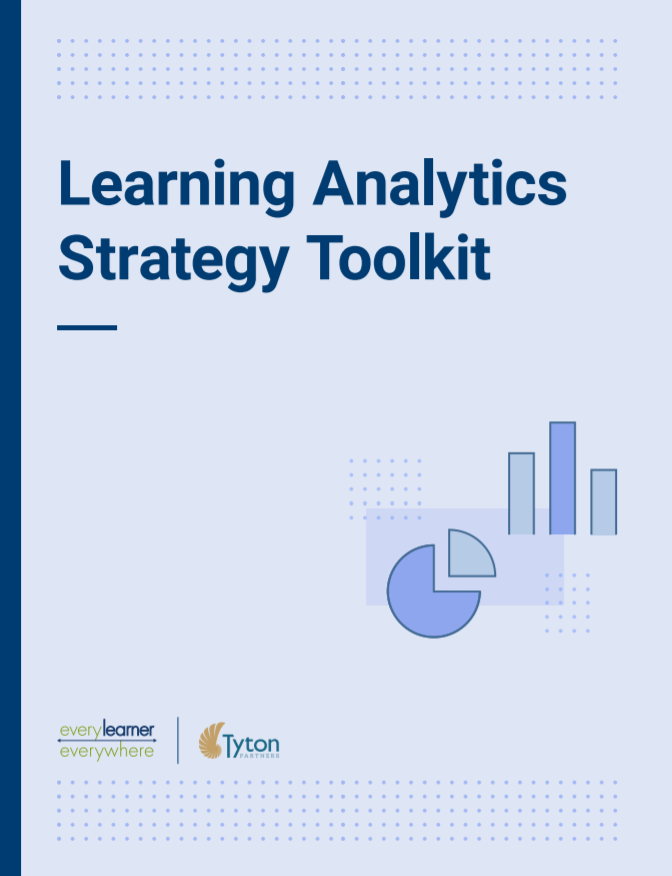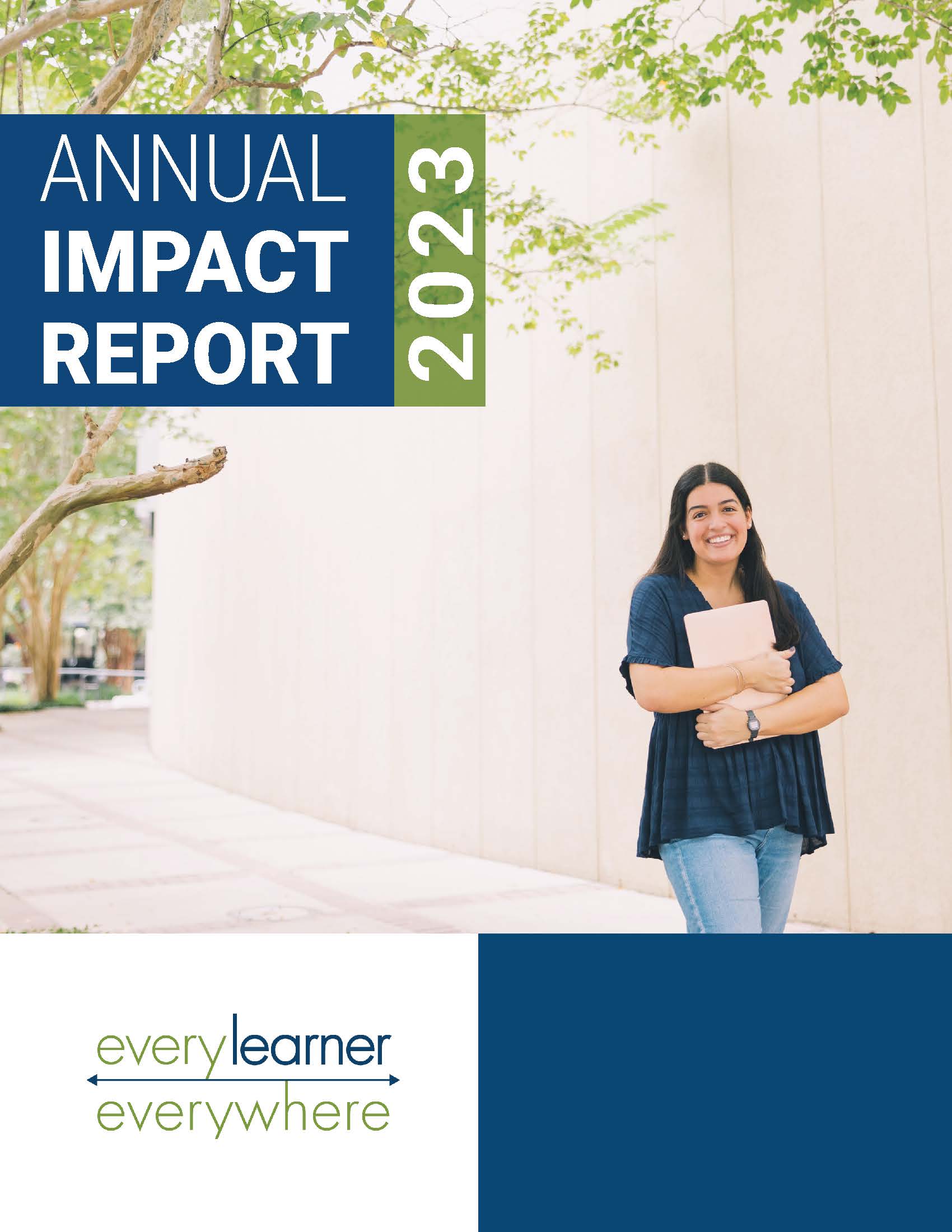For all students to have an equal opportunity to succeed, instructors must personalize learning rather than teach to a fictional average student. Learning analytics has the potential to assist instructors in the development of personalized learning at scale and to contribute to more equitable and socially just academic outcomes.
The first resource in this Learning Analytics Strategy Toolkit reported results of the Learning Analytics Survey. Two additional resources, Guiding Principles and Strategies for Learning Analytics Implementation, describes four key guiding principles identified through consultation with leading experts in learning analytics and equity research. These guiding principles provide an evidence-based framework for scalable, equity-focused learning analytics adoption. The final resource in this toolkit, Assessing Learning Analytics Readiness, offers a self-assessment as well as tools and strategies that institutions can use to launch their planning projects.
The guiding principles serve to fill the void highlighted by the results of the Learning Analytics Survey. Although many institutions have adopted learning analytics in some capacity, adoption is often siloed in use by individual faculty, courses, or departments. Few have the required technology infrastructure and knowledge-building framework to act on student data at scale. In addition, there are few examples of wide-scale learning analytics adoption that are expressly focused on equity and eliminating race and income as predictors of student success.
This document acknowledges variation in each institution’s maturity of adoption and current use of learning analytics to ensure any campus can use them to guide implementation strategies that target actions that are critical to an equity-focused approach. The guiding principles address several key foundational actions necessary during adoption.
Download the Learning Analytics Strategy Toolkit






